20% off £30
Code:SPEND
What age should I start using retinol?

Introducing retinol might not be first on your list - but perhaps you’ve caught yourself analysing the mirror a few too many times.
Summary
1What is retinol?
This vitamin A derivative boosts collagen levels and helps to maintain your skin’s elasticity. Because it speeds up your skin’s natural cell...
2I’m in my teens
Retinol products are safe to use in your teens - it’s just that you may not need to. Some young people use retinol for its blemish-busting...
3Why not now?
In short: it’s never too late to introduce retinol into your skincare regime. Early adulthood can be a seemingly endless reel of skin changes and...
There’s no end of things to navigate in your early adult life. What’s that button in my car? That bill’s due when?
Introducing retinol might not be first on your list - but perhaps you’ve caught yourself analysing the mirror a few too many times.
Most of us want to age healthily and keep our skin smooth and firm for as long as possible. This is where retinol might come in…
What is retinol?
This vitamin A derivative boosts collagen levels and helps to maintain your skin’s elasticity.
Because it speeds up your skin’s natural cell turnover, it can also help with blemishes and uneven pigmentation.
As you age, it can help to minimise the effects of free radicals (caused by factors like UV exposure, diet, and pollution) which contribute to sagging skin and fine lines.
It helps to thicken the epidermis - the outermost layer of skin - which can help to limit signs of sun damage.1,2
You can apply retinol to your face in a cream, oil, serum, or moisturiser. It depends on what’s easiest for you.

I’m in my teens
Retinol products are safe to use in your teens - it’s just that you may not need to.
Some young people use retinol for its blemish-busting properties. If you’re experiencing more than the usual teenage breakout, it can help to clear things up. You might also see a reduction in the size of your pores.
If you’re happy with your skin texture, however, you likely won’t need to use retinol just yet. Your skin is at its peak level of collagen production!
Spots and blemishes are common in your teens, and understanding why they’re occurring for you can help improve them long-term. There are other remedies which might suit your skin better at this time.
Look after your skin by using a gentle cleanser, toner, and moisturiser. Apply an SPF of at least 30 every day, no matter the weather.
Only use prescription retinoids, like tretinoin, if they have been prescribed to you by your doctor or dermatologist.
I’m in my early 20s
If you’re one of the lucky ones, your teenage blemishes might have subsided and you’re still reaping the benefits of high collagen production.
Your skin is starting to lose minimal amounts of collagen, but it’s probably still firm and chances are you won’t be sagging or wrinkling any time soon.
However, adult breakouts and fine lines are very much normal - so don’t feel you’re “ahead” or “behind” in your skin journey.
You can use retinol to help with blemishes or as a preventative measure, but many in their early 20s will be naturally supple and wrinkle-free for a few more years.
SPF is your best friend when it comes to preventing the damage that contributes to fine lines and wrinkles.
That said, you don’t have to wait until you see visible signs to start your healthy ageing skincare routine.
I’m in my late 20s
You’ve passed your “collagen peak” and somehow your social media ads just know. Eye creams! Serums! Anti-this, anti-that…

It’s true: you’ll begin to lose approximately 1% of your collagen per year after 20.3
But it’s not about “anti” anything - you’re at the perfect time to establish a healthy ageing routine that works for you.
This is a good time to start using retinol. You might still have lingering blemishes, and your late 20s are a great moment to start taking preventative measures and keep your skin as youthful as it is now.
However, other milestones in your life might have other ideas. If you’re pregnant, breastfeeding, or trying to conceive you must not use retinol.
Both the NHS and the European Medicines Agency name oral and topical retinoids as unsafe during pregnancy.4
Excessive levels of vitamin A can greatly increase the risk of “fetal retinoid syndrome”, a group of developmental defects causing craniofacial, cardiac, central nervous system, and thymic abnormalities.5
While there is currently no evidence to suggest that topical vitamin A derivatives like retinol cause these same defects, you should always err on the side of caution and avoid retinol completely if you’re pregnant, breastfeeding, or if there’s a chance you’re pregnant.
Bakuchiolis currently considered a pregnancy-safe alternative to retinol, though it’s advised to check with your GP before introducing new skincare products while pregnant.
I’m in my 30s+
Just like your late twenties, this is another great time to introduce retinol into your skincare routine.
You might be seeing the first signs of ageing, so it’s an ideal time to form habits that will set you up for life.
Maybe you have memories of scary-looking, thick creams in your mum’s bathroom cabinet - but healthy-ageing skincare doesn’t have to be that way!
Using retinol a few times a week - supported by a daily cleanser, toner, moisturiser, and perhaps an eye cream - can help keep you looking and feeling youthful.
As with any age, you shouldn’t use retinol if you’re pregnant, breastfeeding, or trying to conceive.
It should go without saying that you should be using an SPF of at least 30 every day, all year round. This is always crucial, but it’s particularly important if you’re using retinol as it leaves your skin more susceptible to UV rays.
Only apply retinol at night and use a broad-spectrum SPF daily to protect your skin from the sun.
Why not now?
In short: it’s never too late to introduce retinol into your skincare regime.
Early adulthood can be a seemingly endless reel of skin changes and triggers. Anything from our hormones to our medications, our environment, our favourite tipple, our stress levels can have an effect…
But, luckily, health looks great at any age!
Learn more about retinol’s smoothing, collagen-boosting properties in our ultimate guide to retinol.
The advice in this article is for information only and should not replace medical care. Please check with your GP or healthcare professional before trying any supplements, treatments or remedies. Food supplements must not be used as a substitute for a varied and balanced diet and a healthy lifestyle.
- https://onlinelibrary.wiley.com/doi/full/10.1111/jocd.12193
- https://www.ncbi.nlm.nih.gov/pmc/articles/PMC4292080/
- https://www.scientificamerican.com/article/why-does-skin-wrinkle-wit/
- https://www.medicinesresources.nhs.uk/en/Medicines-Awareness/Safety-Alerts/Safety-alerts/Updated-measures-for-pregnancy-prevention-during-retinoid-use/
- https://www.verywellfamily.com/can-pregnant-women-use-retinol-5197846#citation-3


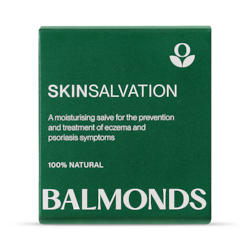
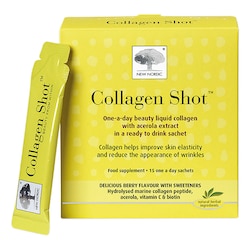
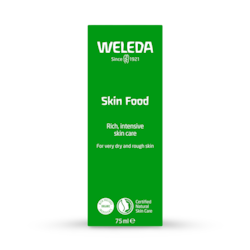
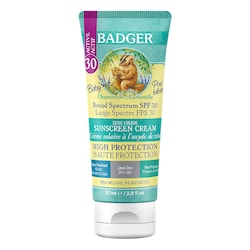
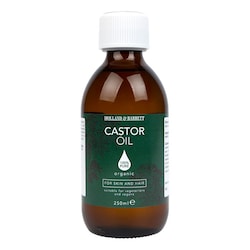
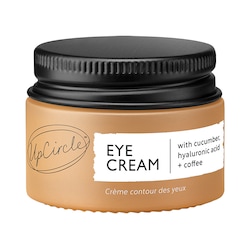
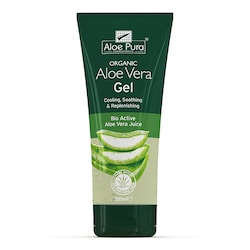
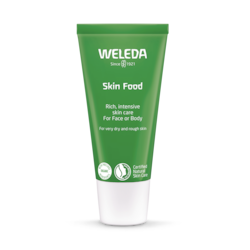
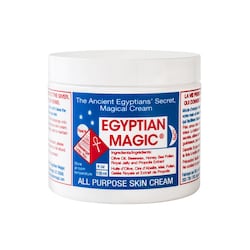
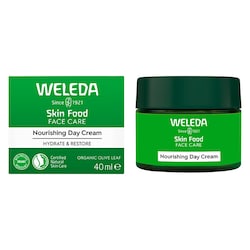
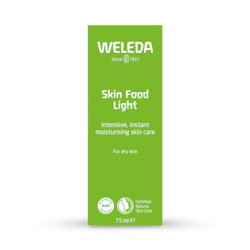
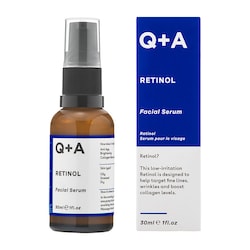
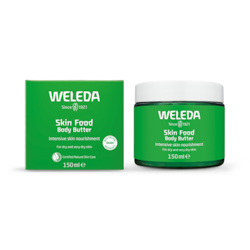
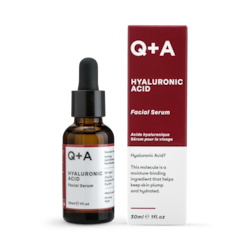
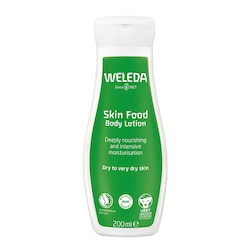
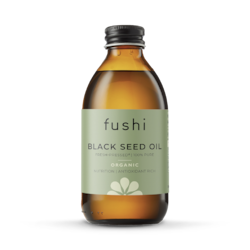
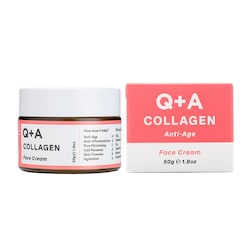
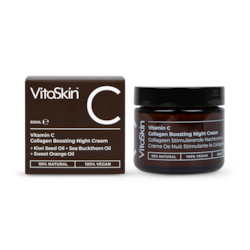
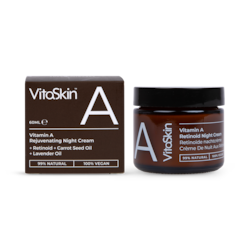
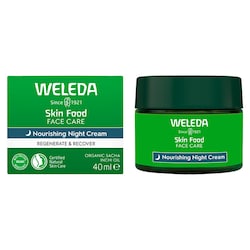


.png)










